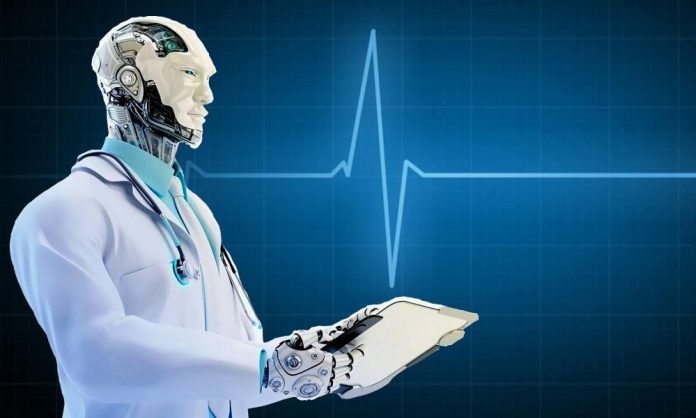
The transformative power of Artificial intelligence (AI) continues to reverberate across many industries. Its impact on healthcare promises to be truly life-changing. From hospital care to clinical research, drug development and insurance, AI applications are revolutionizing how the health sector works to reduce spending and improve patient outcomes.
The total public and private sector investment in healthcare AI are stunning. According to some estimates, it is expected to reach $6.6 billion by 2021. Even more shocking, Accenture predicts that the top AI applications may result in annual savings of $150 billion by 2026.
These benefits will accrue incrementally, from automated operations, precision surgery, and preventive medical intervention (thanks to predictive diagnostics), but within a decade they will fundamentally reshape the healthcare landscape as we know it.
“It’s going to take years to get the full promise, but it does bring a particular tool into the dialogue that was never before available,” says Kaveh Safavi, head of Accenture’s global health practice.
Safavi expects that AI applications may help solve the dilemma of what’s known as the “iron triangle” in healthcare, in which three interlocking factors—access, affordability, and effectiveness—require inevitable and often negative trade-offs. Trying to improve one factor usually harms another, he explains.
But Artificial Intelligence has the potential to short-circuit the traditional methods to cut costs, improve treatment, and bolster accessibility in tandem. “What we see now is a path to unlocking that triangle so you can improve one side without breaking the other,” Safavi says.
He notes that the key to unlocking the current healthcare system’s cost-structure problem lies in transferring time-consuming human tasks to machines while enabling patients to self-service their care needs where possible. That will reduce the amount of human labour required to keep more people healthier.
Eventually, AI could help address some 20% of unmet clinical demand, according to Accenture.
A PwC study found that healthcare providers from major hospitals to drug manufacturers are taking note. More than one-third of provider executives said they were investing in AI, machine learning, and predictive analytics going into 2018.
The impact of these investments will likely be realized first in the operational and administrative side of the healthcare system rather than the clinical side, according to experts. That fits with the likely evolution of AI in other industries, too, according to PwC, which analyzed more than 300 AI use cases and found “the majority of AI’s economic impact will come from the consumption side, through higher-quality, more personalized, and more data-driven products and services.”
As AI permeates more of the healthcare system, consumers may not even realize at first how it’s influencing their care because much of it may happen behind the scenes, says Dan Housman, Chief Technology Officer at ConvergeHEALTH by Deloitte.
“They aren’t the ones reading the radiology report—a radiologist is,” Housman offers by way of example. But the patient may benefit without even knowing it, thanks to a more accurate initial diagnosis and a more effective treatment plan.




